Prevention and treatment
Tropical diseases - The other side of paradise
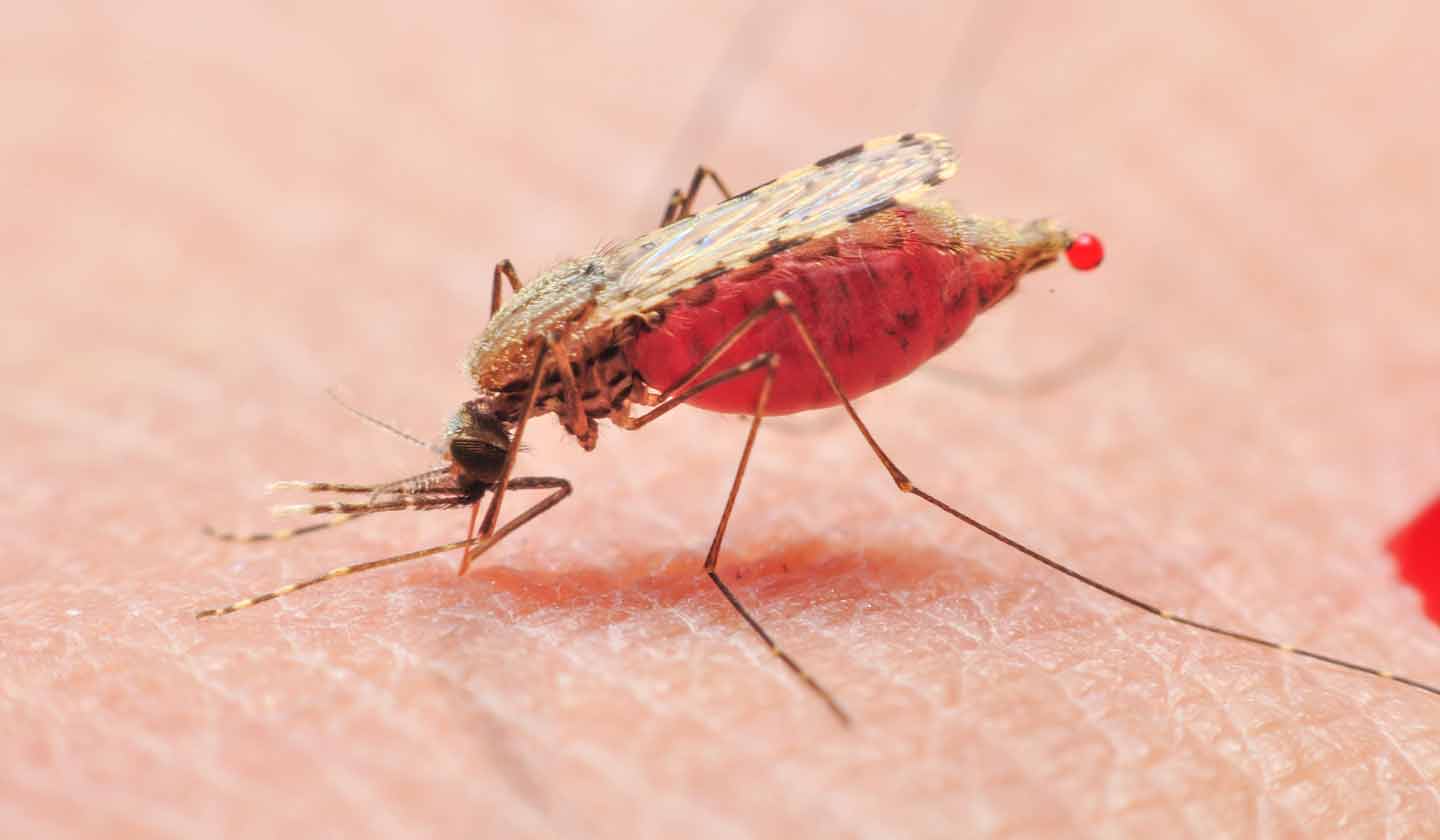
Whoever goes on vacation, namely to tropical counties in continents such as Africa, Asia or Central and South America, should take precautions. The danger lurks in the form of a mosquito, contaminated water or poorly washed raw food.
What are the most common diseases?
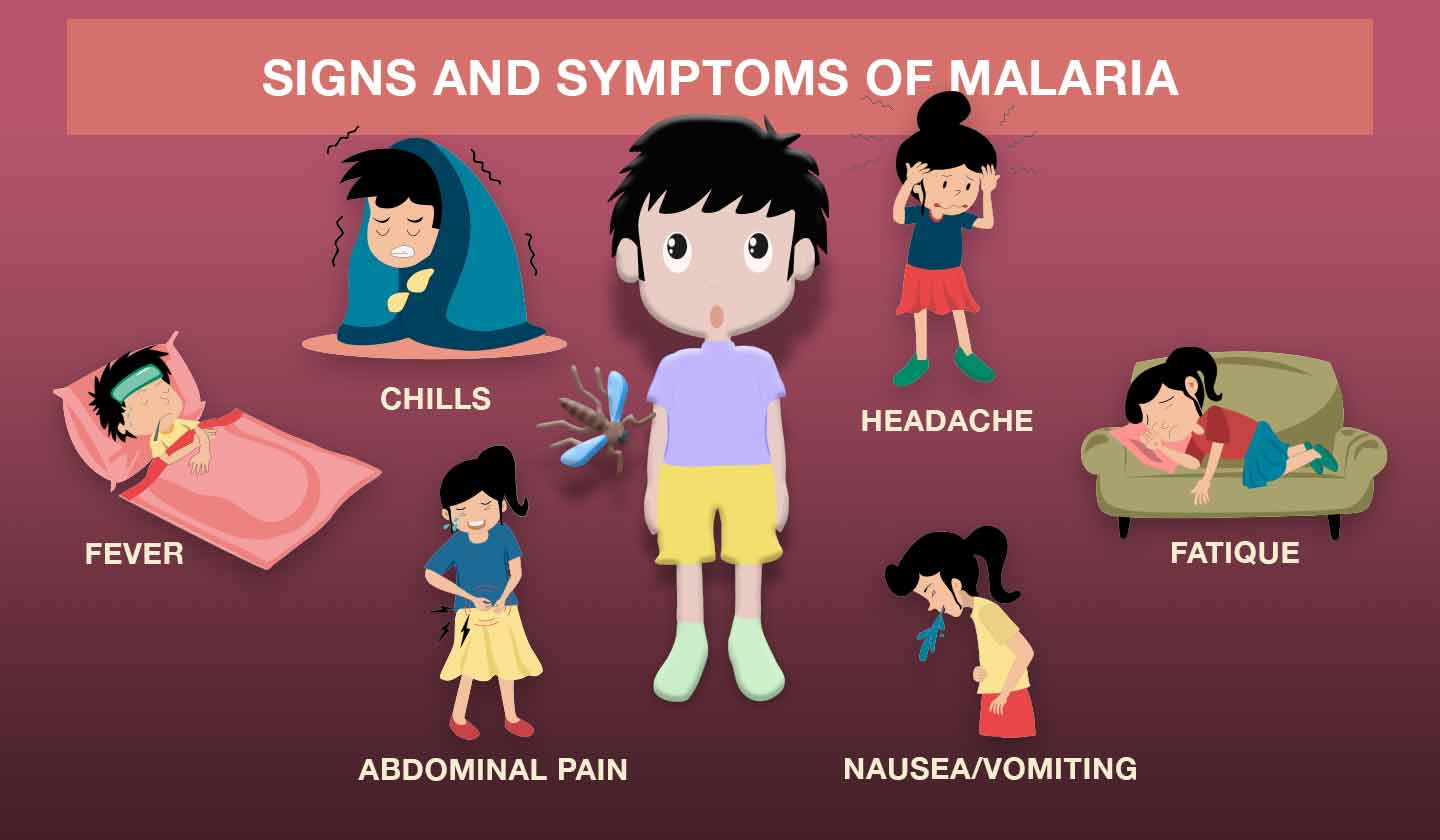
Malaria:
When an infected mosquito bites a human, it passes the parasites into the bloodstream. It causes high fever, sweats and chills. It is fatal and endemic in many tropical countries.
You can take prophylactic medication, usually starting 1 week before your trip. It exists mainly on the African Continent.
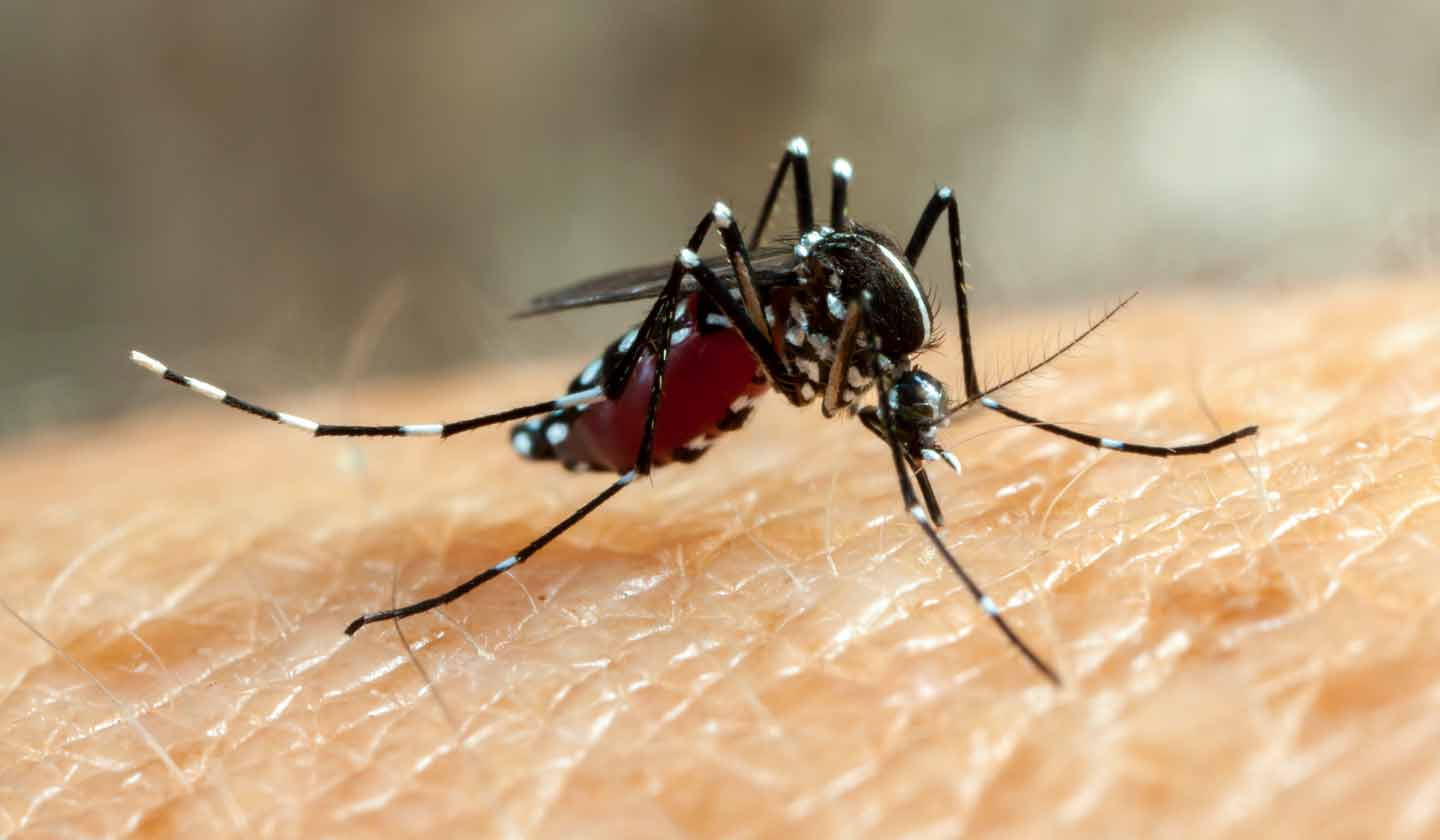
Yellow fever:
Also transmitted by mosquitoes, it causes the same types of symptoms and also sweating and vomiting. In some countries, an international vaccination certificate is required at the border entrance. This certificate can be obtained at a travel medicine consultation. Yellow fever is common in tropical regions of Africa and South America.
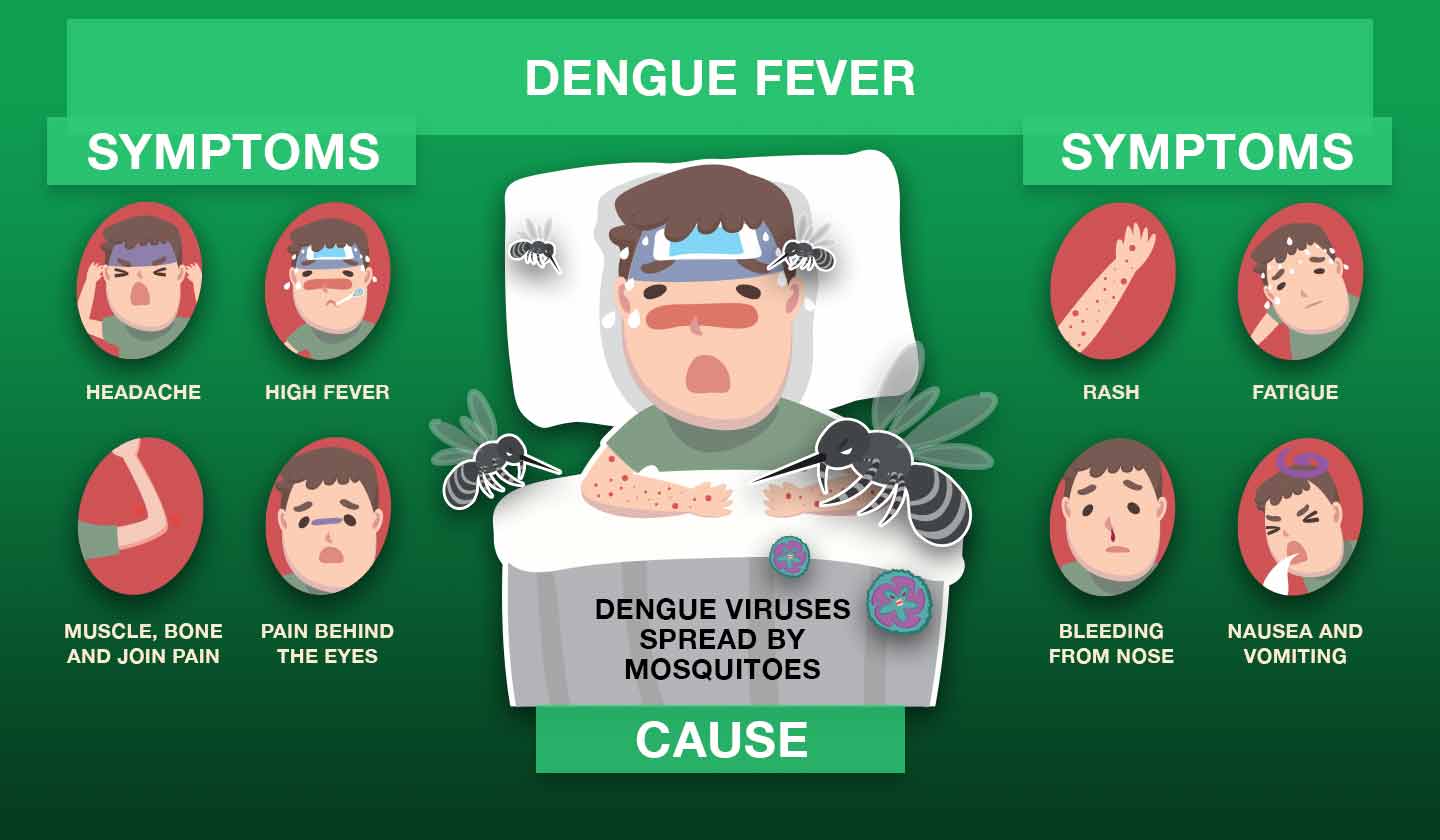
Dengue:
It is transmitted through the bite of female mosquitoes of the genus Aedes, infected with the virus. Transmission from person to person does not occur. Symptoms, such as high fever (> 38.5ºC), severe muscle pain, pain when moving the eyes, lack of appetite and malaise, may occur. This mosquito also transmits zika and chikungunya, two other tropical diseases. Dengue can be contracted up to 4 times since the virus has four different serotypes (“identities”) (DENV1, DENV2, DENV3 and DENV4), and one serotype does not generate immunity against the others.
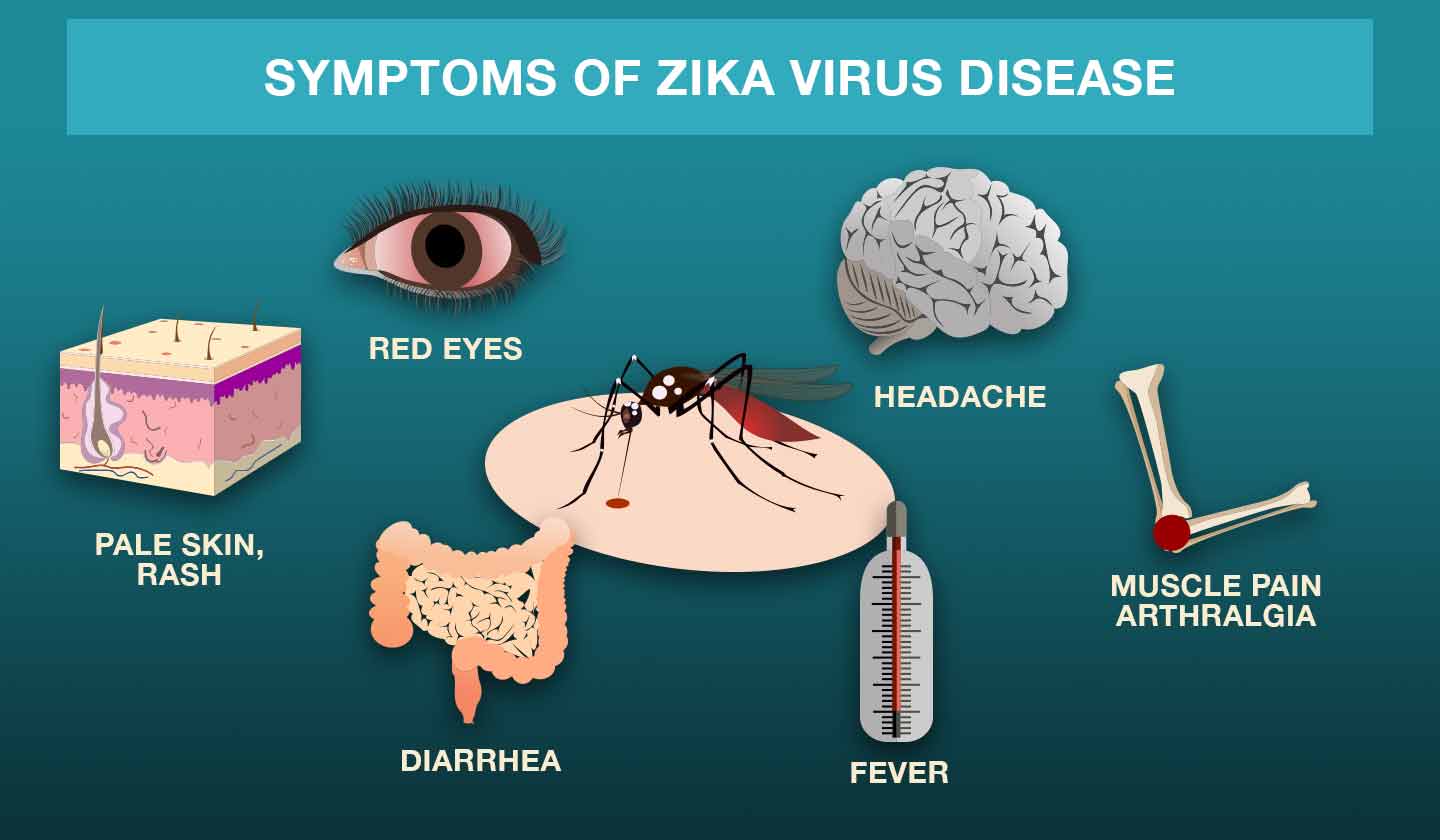
Zika:
It is transmitted by the same insect family responsible for Dengue.
The most common symptoms, which appear 2 to 7 days after the bite, are fever, skin rashes, joint pain and conjunctivitis.
Zika exists essentially in the South American continent.
Cholera:
Transmitted by contaminated water, it suddenly attacks the intestines, causing vomiting, diarrhoea and dehydration. Pay attention to the water.

Typhoid fever:
Contaminated water and food are the common vehicle of spreading the infection which is transmitted by a bacterium and that manifests itself by sweating, chills, abdominal pain and nausea. There is currently a vaccine.
What about hepatitis? Are they also dangerous in those countries?
Hepatitis A:
Contaminated water and food are the common vehicle of spreading the infection which is transmitted by a virus that manifests itself by generalized fatigue, headache, abdominal pain, darkened urine and the skin becomes yellowish. There is currently a vaccine.
Hepatitis B:
It is transmitted through blood, saliva, or semen and the symptoms can range from loss of appetite to general malaise. Also, urine colour may change. There is a vaccine.
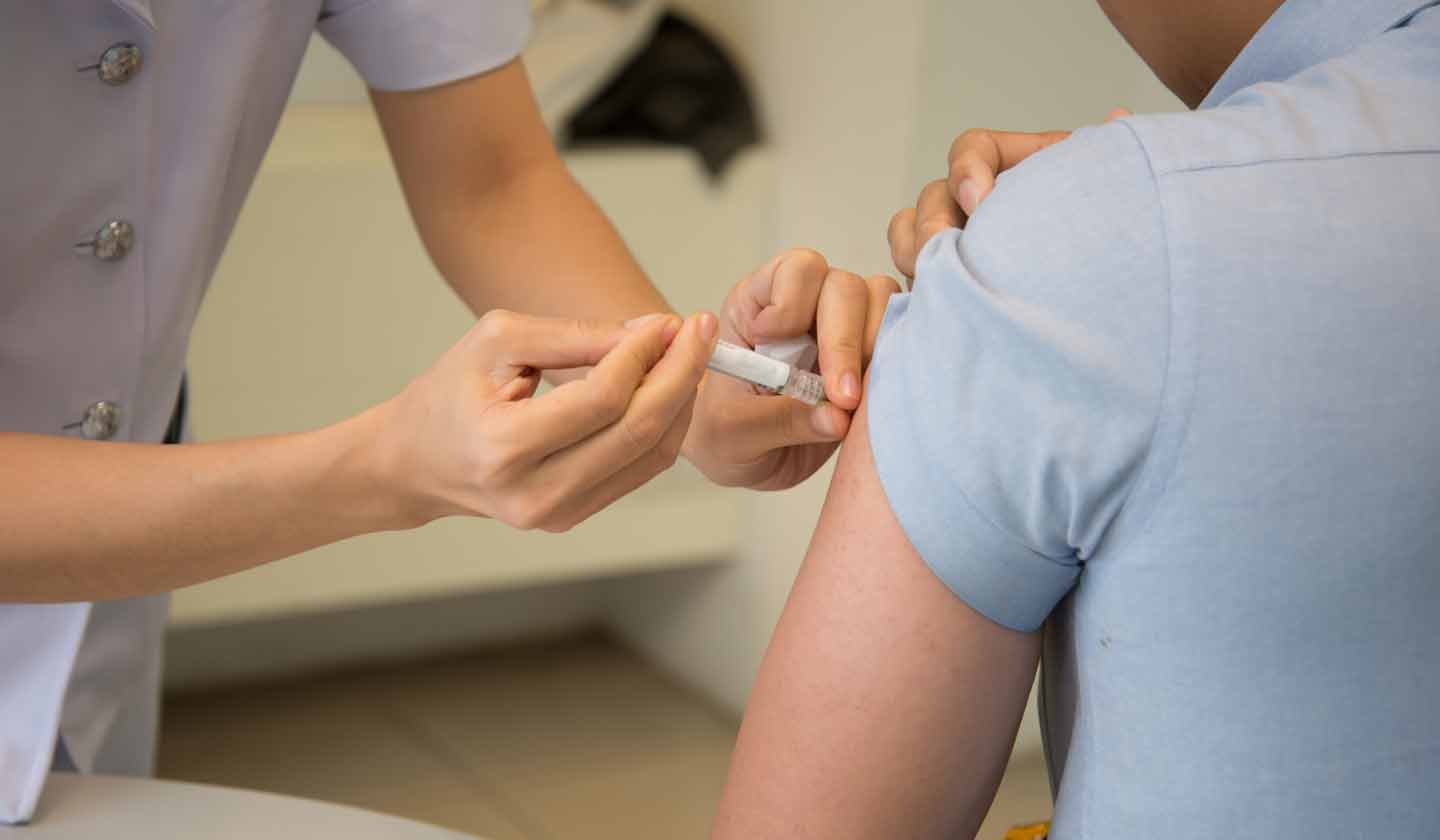
What are the general precautions?
- Do not drink anything but bottled water. Also, use bottled water to wash your teeth and to make ice.
- Food must be cooked at a temperature over 60º C and must never be left at room temperature for more than 4 hours. Ideally, eggs, ham, meat or fish, and seafood should be stored in the fridge.
- Avoid street food and keep a rigorous hand hygiene.
- Carry the appropriate medication with you at all times.
- Use a suitable sunscreen and insect repellent.
- Go to a travel medicine consultation before going abroad.
- Get vaccinated for hepatitis, cholera, yellow fever and typhoid.

António Hipólito de Aguiar
(Pharmacist; University Professor)
Também lhe poderá interessar
Prevention
Receiving the Sun in Good Health
Prevention






